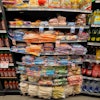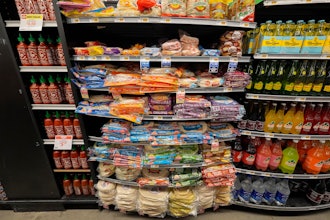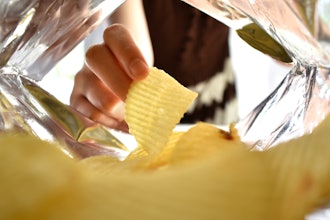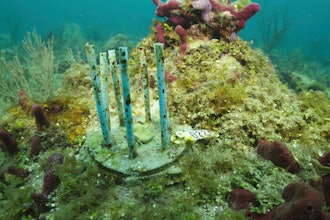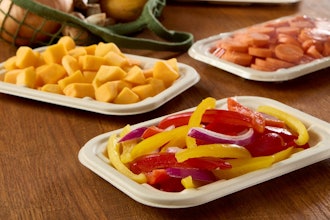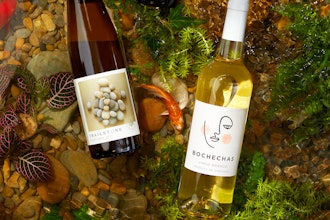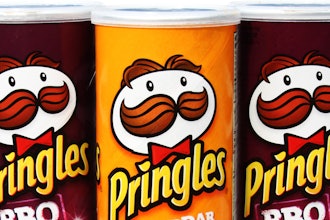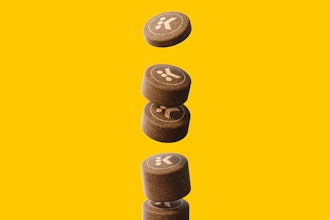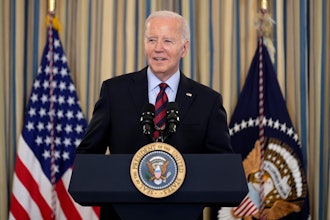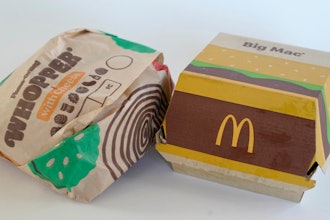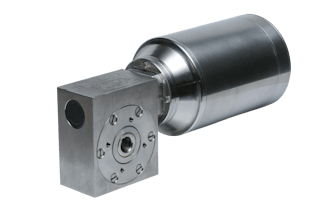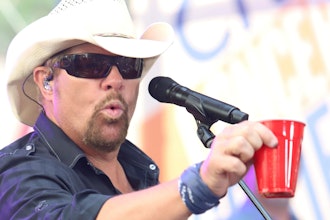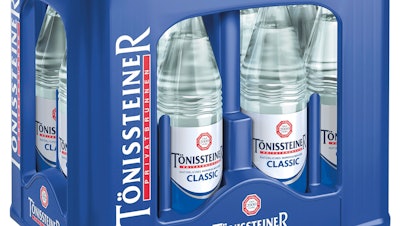
HARD, Austria — Packaging and recycling specialist ALPLA and the mineral water company Privatbrunnen Tönissteiner Sprudel have developed a reusable PET bottle made entirely of recycled material.
The reusable, 1-liter bottle for mineral water reduces carbon consumption and also offers logistical advantages thanks to its low weight. It is available at retail outlets with immediate effect.
Following development lasting approximately one year, ALPLA and Tönissteiner are presenting a reusable PET bottle made entirely of post-consumer recycled material, except for its closure and label. The bottle, developed by the global packaging and recycling specialist and Germany’s oldest Roman spring, conserves resources during production and lowers carbon consumption. The recycled PET used for the innovative packaging solution is produced and provided by ALPLArecycling. The bottle can be fully recycled at the end of its lifespan.
"The packaging of the future is sustainable, light and safe. We at ALPLA already deliver in this regard with a circular economy based on the bottle-to-bottle principle, weight optimization and systematic design for recycling. Working with Tönissteiner, we have brought all of these approaches together to create a new reusable solution made entirely of rPET," said Georg Pescher, managing director of ALPLA Germany.
"Tönissteiner stands for the sustainable use of resources. In ALPLA, we have found an innovative partner for the introduction of our first own reusable rPET bottle. The climate-friendly bottle has been perfectly tailored to our sorting, bottling and transport processes," said Tönissteiner Managing Director Hermann-Josef Hoppe.
The perfect-fit design of the reusable rPET bottle means it can be used with Tönissteiner's existing twelve-bottle crates. Up to 160 crates containing 1,920 more bottles can be transported per truckload. The optimized return of empty Tönissteiner rPET and glass containers on a pallet of standardized crates also speeds up the cycle and reduces the bottle sorting work of wholesalers and retailers.
When the reusable bottle reaches the end of its lifespan as determined by the number of cycles it goes through, it can now be turned into rPET at the ALPLArecycling plants and recycled into new bottles. Laser markings indicate the number of cycles a bottle has been through and complement the quality controls at the refilling stage. Tönissteiner and ALPLA are therefore establishing an optimum bottle-to-bottle loop and are guaranteeing that they have their own pool of high-quality reusable rPET bottles.

